As we know, the definition of 'finite state automata' is:

Then we have this finite state automat described as:

Question is : Instead of accept an empty string, what if the automat first read string is '2', which is not belong to the alphabet(0,1) of this automata. will this automata still go to accept state?
pics quoted from book <Introduction to the Theory of Computation>
